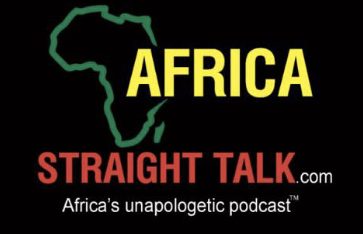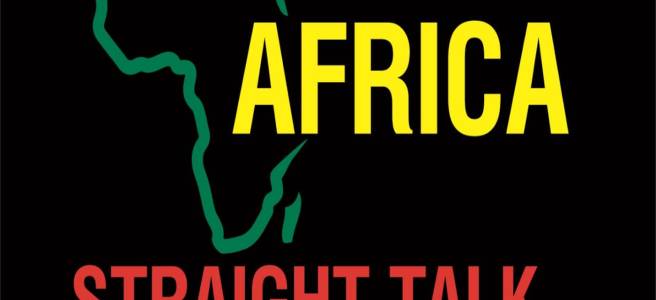Paul Mackenzie Nthenge, a former taxi driver in Kenya, managed to convince his followers to starve themselves to death in order to meet Jesus. At least 600 people are missing, and of the more than 200 bodies recovered appear to have be missing organs, according to authorities. Have religious organizations become too powerful to regulate?
Author: Edwin Okong'o
Episode 115: Scapegoating Homosexuality in Uganda
After nearly 40 years in power, Ugandan President Yoweri Museveni has nothing to show for it. He’s blaming #homosexuality. Yes, it’s not the rampant corruption but adults having consensual same sex. Makes a lot of sense, doesn’t it?
Episode 114: African women are rewriting our history, and we love it!
“Until lions learn to tell their own stories, the tale of the lion hunt will always glorify the African hunter,” goes one African saying. We look at the lionesses who are bravely challenging the archaic Eurocentric tale of the hunt.
We discuss the role films like the new Netflix docudrama series, “African Queens: Njinga,” are playing in telling Africa’s true story. The film stars British Nigerian Adesuwa Oni as Queen Njinga, who ruled the kingdoms of Ndongo and Matamba in present-day Angola from 1624 until her death on Dec. 17, 1663. It is was written by Kenyan filmmaker Peres Owino and another British Nigerian, NneNne Iwuji, and narrated by Jada Pinkett Smith.
Episode 113: Peeing on the messenger in South Sudan
Pope Francis was in South Sudan recently, but unlike his 2019 visit, no pictures have emerged of the pontiff kneeling down to kiss the feet of President Salva Kiir Mayardit. We think it’s because the Pope has probably seen the video showing Kiir peeing on himself, which the president somehow blamed on journalists.
Episode 112: Do our relatives suffer from dependency syndrome, or have we stopped being African?
We are back for the 2023 season! As always, we’re talking straight. Two of us are complaining about working too hard, as one of us bitches about being fired. One thing we can all agree on, though, is that when you are an African, your job belongs to your relatives. But isn’t it time to reclaim our freedom and encourage personal responsibility?
Episode 111: World Cup, weddings, and African dictators

In our last episode of the year, we wind up our coverage of the World Cup and get back to the business of talking about Africa. Are extravagant weddings necessary? Why do African leaders rush to Washington at the snap of President Joe Biden’s fingers?
After this episode, we’re taking a well-deserved month-long break. Once again, thank you so much for supporting Africa Straight Talk. We wish you a very merry and safe holiday season.
Episode 110: If you can’t suspend your morals for a month to enjoy the World Cup, you aren’t a football fanatic
For true fans of the beautiful game, there are values we just have to set aside every four years to enjoy the World Cup. This is a candid discussion about how we become bigoted, vile, and even openly racist for those few weeks.
Episode 109: A World Cup take you won’t hear from mainstream pundits
We begin the 2022 World Cup with a unique analysis of the tournament organized by FIFA, the only corrupt institution the world loves.
Episode 108: Why some Africans are so excited about U.K. PM Rishi Sunak
When it emerged that Rishi Sunak, the first non-white Prime Minister of the United Kingdom, traces part of his ancestry to East Africa, some people in the region became very excited. The excitement wasn’t quite to the level it was when Barack Obama became President of the United States, but people were equally proud. Why?
Episode 107: How to circumvent Uganda’s draconian social media law
President Yoweri Museveni, who has ruled Uganda since 1986, probably thinks banning free speech will allow him to stay in power for another 40 years. We think Ugandans should just send their seditious thoughts to their allies outside the country and we’ll share them on social media.
And speaking of Twitter, it looks like even Museveni’s son, Gen. Muhoozi Kainerugaba, is tired of waiting for his father to relinquish power. Now, the bored prince recently got in trouble for sending a tweet threatening an unprovoked attack on Kenya’s capital, Nairobi. His father punished him with a promotion.



You must be logged in to post a comment.